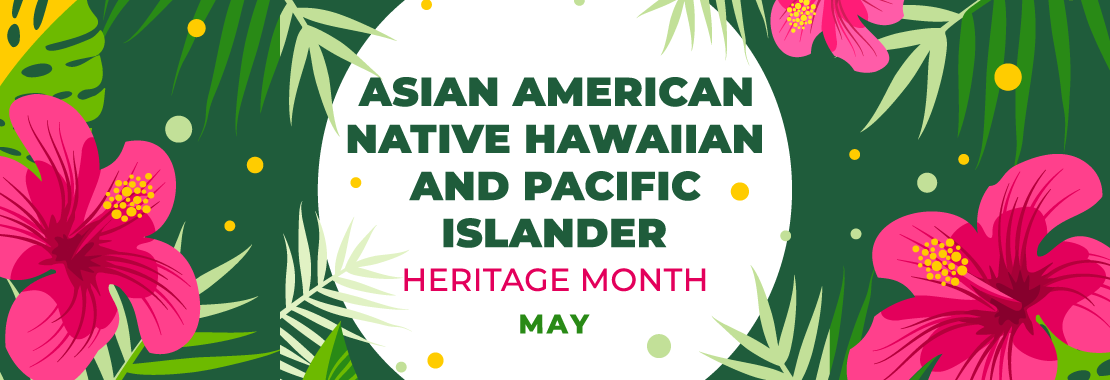May is Asian American, Native Hawaiian and Pacific Islander (AAPI) Heritage Month. This annual month-long event celebrates the vast and diverse achievements of Americans of Asian, Native Hawaiian and Pacific Islander descent.
To celebrate AAPI Heritage Month, we’re highlighting a just few of many Asian-Americans, Native Hawaiians and Pacific Islanders who have made an impact on the history of academia, public health, poetry and broader public education.
Margaret “Mom” Chung
Doctor Margaret Chung was first Chinese American woman to become a physician. As a medical student, she wore masculine clothing, and was rejected as a medical missionary because of her race. Shortly after, she moved to San Francisco, where her legacy as “Mom” began.
Dr. Chung connected with a US Navy Reserves ensign, who she began having dinner with nearly every night, and was asked as part of the war effort during WWII to secretly recruit pilots and submarine men for the Marines, Air Corps and Navy.
Referred to as “Mom” by her recruits, Dr. Chen built a network of over 1,500 military personnel, regularly sending them letters and gifts while they were deployed, while hosting weekly dinners at her home for her “kids” and their guests. She became a local legend, attracting movie stars and politicians to her home, and lobbied for the creation of the WAVES Naval Women’s Reserve.
Ocean Vuong
While you might know Ocean Vuong from his award-winning novel “On Earth, We’re Briefly Gorgeous” or his follow-up poetry collection “Time Is a Mother,” you might not know that he is also a Professor of Creative Writing at New York University, and has taught at the University of Massachusetts, Amherst.
Vuong’s work explores the intersection of intergenerational trauma from war, Vietnamese American identity and queer identity through poetry and prose. “On Earth, We’re Briefly Gorgeous” is written as a long-form letter from a Vietnamese American son to his illiterate mother. Though the novel isn’t entirely autobiographical, Vuong draws strongly on his own lived experiences throughout.
Caroline Sinavaiana-Gabbard
Born in Tutuila, American Samoa, Dr. Caroline Sinavaiana-Gabbard is a poet, academic, activist and the first Samoan to become a full professor in the United States. For nearly 20 years she taught at the University of Hawaii, focusing primarily on Samoan and Pacific Islander literature, mythologies and folklore, and how traditional knowledge can be implemented in the present.
Fun fact: Dr. Sinavaiana-Gabbard also founded the first environmental nongovernmental organization in American Samoa, making her a pioneer of American Samoan ecological preservation.
Vivek Murthy
Dr. Vivek Murthy is the current United States surgeon general. Throughout his tenure, his work has been essential in dispelling health disinformation, responding to the COVID-19 pandemic and raising awareness of mental health struggles for young people and burnout in health care workers.
Dr. Murthy is the first Surgeon General of Indian descent and the youngest active-duty flag officer in federal uniformed service. He founded multiple public health resource organizations, including Doctors for America, VISIONS and TrialNetworks. Between his first and second terms as surgeon general, Dr. Murthy also wrote his book, “Together,” which focuses on loneliness as a public health concern, and how building connection with others is key.
Learning more
To dive deeper into the rich history of Asian Americans, Native Hawaiians and Pacific Islanders, explore Kurashige and Yang’s “Major Problems in Asian American History,” 2e.

